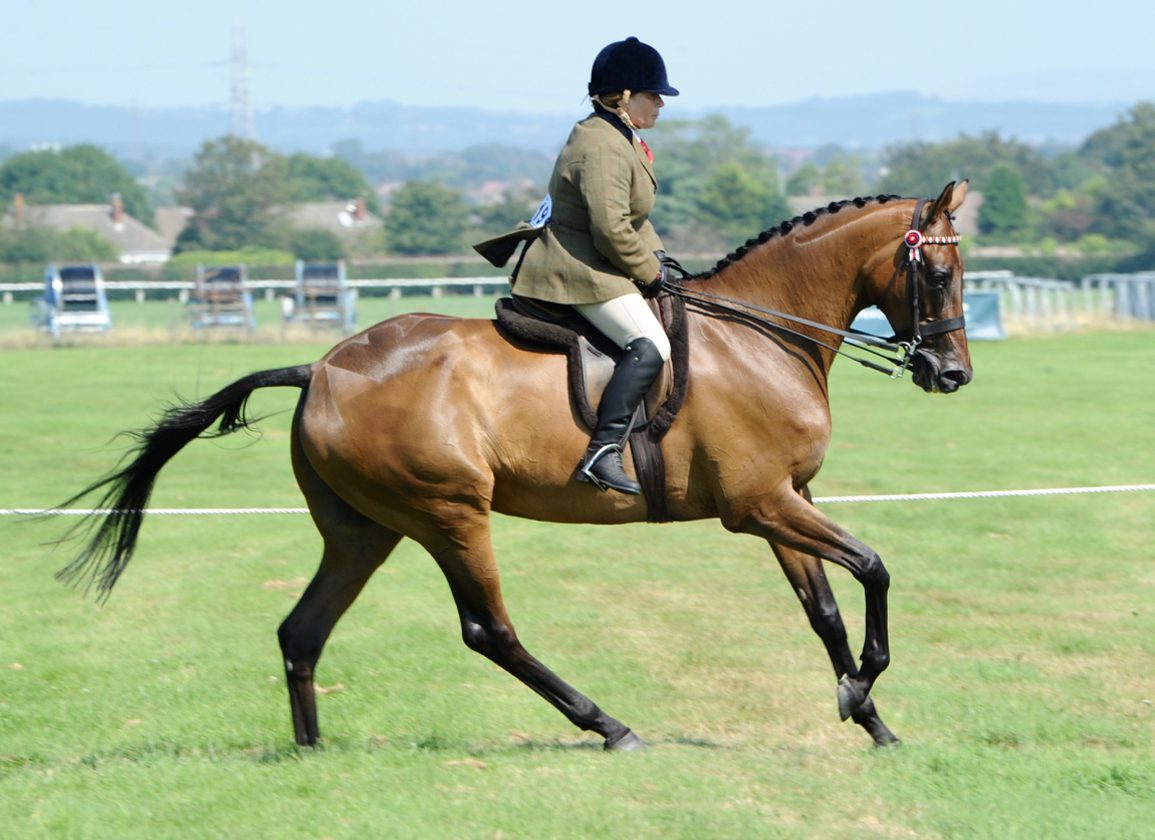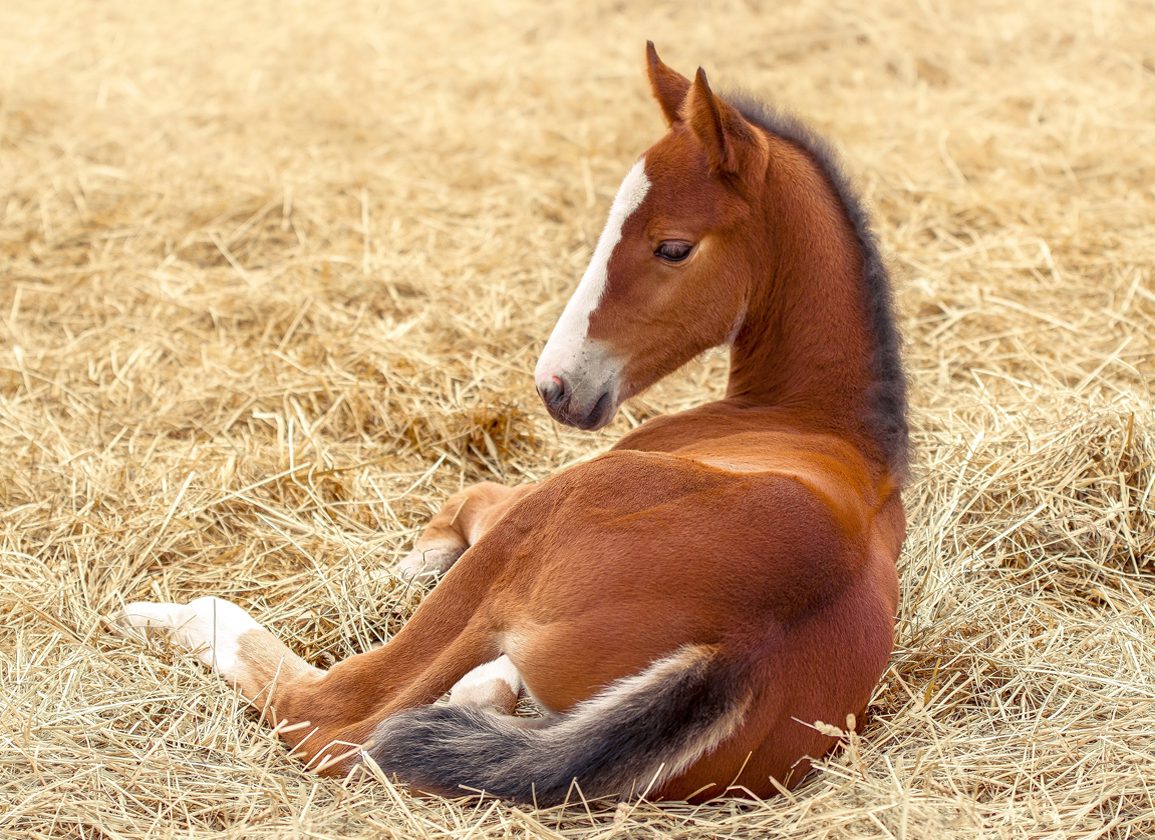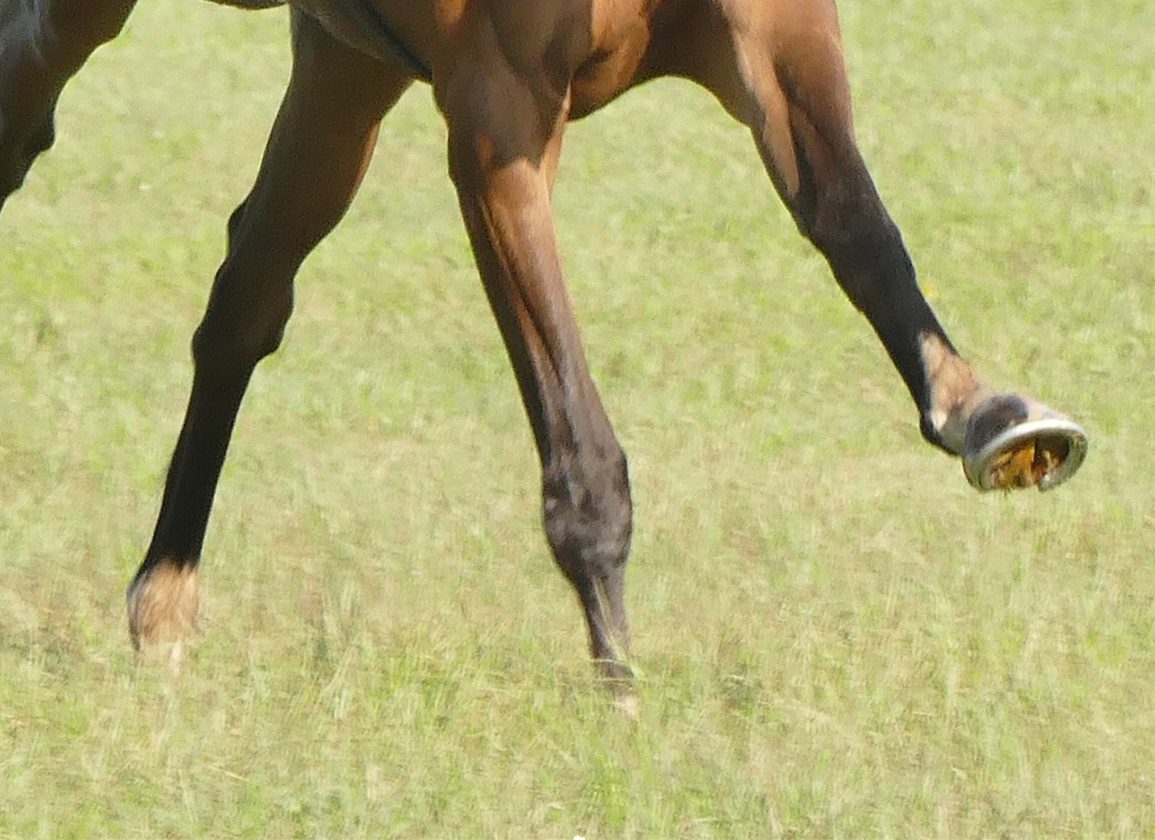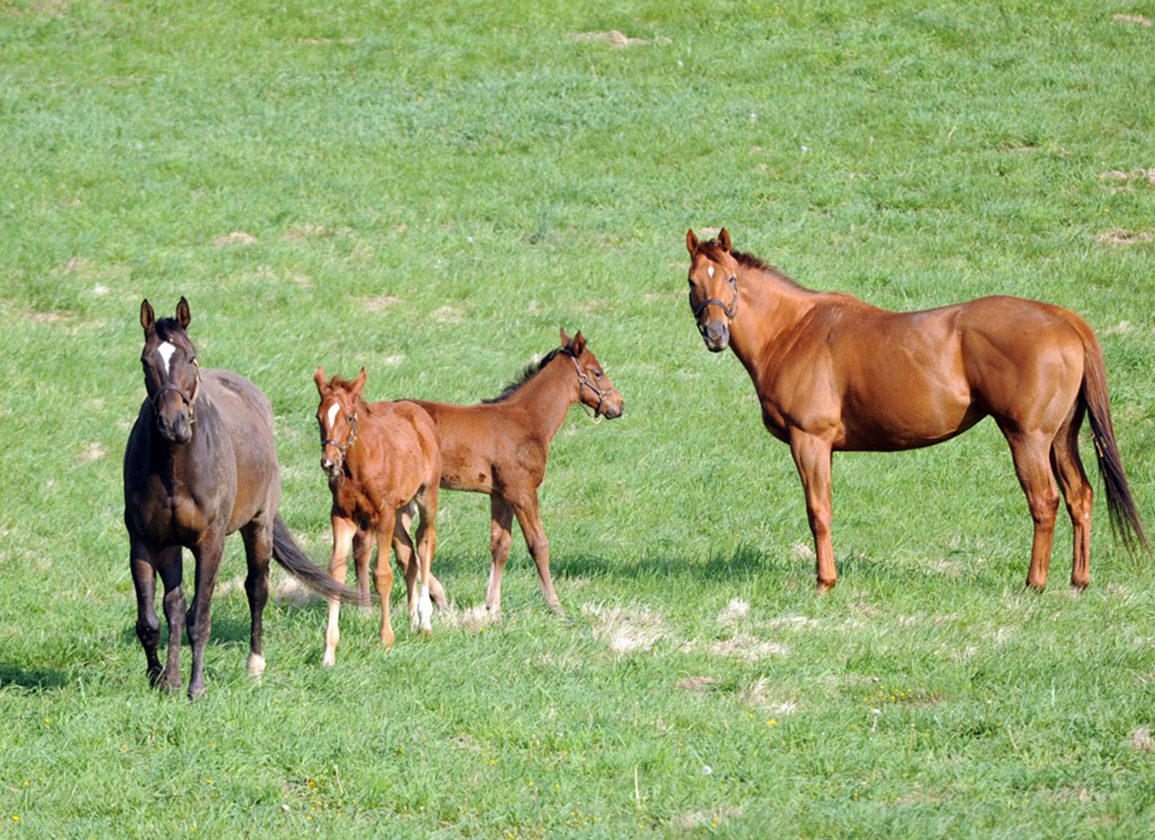Chromosomal errors are a common cause of pregnancy loss in mares, researchers from the Royal Veterinary College (RVG), as part of a team from Cornell University, have discovered in a new study. In humans, chromosomal errors are a common cause of miscarriage, accounting for up to 82% of pregnancy loss. Due to the similarities between human and horse chromosomal structures and other pregnancy characteristics, this research supports the use of horses as a novel model organism to study miscarriage in women. The findings of this study mean it is possible...











